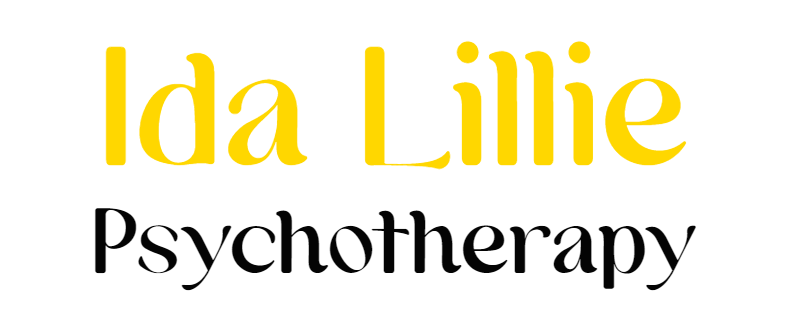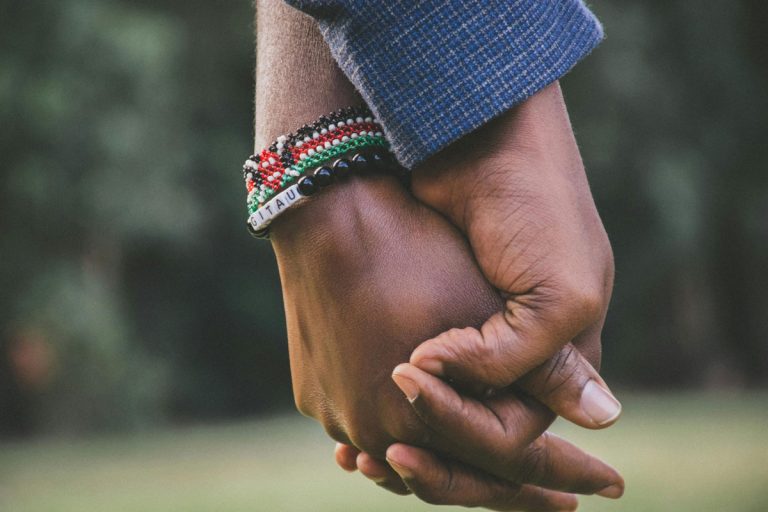Embracing Cultural Differences in Mental Health
Cultural differences play a vital role in mental health care, shaping how individuals experience, articulate, and address their emotional and psychological needs. The concept of decolonizing therapy goes beyond merely adjusting mainstream approaches—it strives to recognize and respond to the distinct cultural backgrounds of diverse communities. By embracing an inclusive framework, therapists can better serve clients from marginalized groups and create a more equitable mental health system.
Understanding the Legacy of Colonized Mental Health
Over time, Western-dominated therapeutic models have often shaped mental health care worldwide. While these frameworks can be effective for some individuals, the traditional models were designed without substantial input from the wide range of cultures and identities that exist today. As a result, many marginalized communities have felt misunderstood or alienated by therapeutic approaches that do not factor in their beliefs, languages, or customs.
In many cases, colonized mental health approaches historically dismissed indigenous practices and other cultural traditions. This legacy has contributed to mistrust between communities of color and mental health providers, making it challenging to establish rapport. Individuals from minority groups often receive lower-quality mental health care, partly due to cultural stigma and communication barriers.
Understanding the historical context is critical. Therapy that treats all clients with uniform models and assumptions risks overlooking critical factors like spirituality, community, and familial ties—elements that are foundational in many indigenous and non-Western cultures.
Barriers Faced by People of Color in Traditional Therapy Settings
Many people from underrepresented communities encounter multiple barriers when accessing traditional therapy services. These roadblocks may include:
- Language differences: When therapists do not share a client’s primary language or have minimal training in culturally appropriate communication, essential nuances can be lost.
- Socioeconomic factors: Cost, lack of insurance coverage, and limited availability of culturally competent therapists in underinvested areas can prevent communities from seeking or receiving consistent care.
- Stigma: In some cultures, therapy may still carry a profound stigma, particularly if it is perceived as an imported practice. Mistrust of providers—especially if past experiences have been dismissive or invalidating—can further deepen this stigma.
For instance, research by the National Alliance on Mental Illness indicates that only one in three Black adults who need mental health care actually receives it, despite increased experiences of emotional distress. This imbalance highlights the structural inequities in traditional therapy settings, underscoring the need for a decolonized approach.
Shifting to a Decolonized Model of Care
A decolonized therapy model involves reevaluating and adjusting mainstream therapeutic interventions to reflect diverse cultural influences. Key tenets of this model include:
- Cultural Safety: Therapists acknowledge the power imbalances that result from systemic issues like racism or homophobia and create an environment where clients feel free to share their experiences without judgment.
- Collaborative Methods: Therapy should incorporate collaborative elements from the client’s cultural background—whether that involves family members, community elders, or culturally significant rituals—when appropriate and beneficial.
- Community Engagement: Decolonizing therapy often involves integrating community-based mental health resources. These resources may include peer support networks, local cultural organizations, or community-led wellness events that reflect collective healing practices.
A commitment to an inclusive and community-oriented approach signals a shift away from the idea that clients must adapt to the therapist’s framework. Instead, it centers on meeting clients where they are, linguistically, spiritually, culturally, and socioeconomically.
Practical Strategies for Inclusive Therapy
While theory alone is not enough, there are tangible strategies therapists can adopt to provide more meaningful support for marginalized individuals:
1. Continuous Cultural Competence Training
Therapists and mental health professionals can deepen their understanding of diverse backgrounds through ongoing training. Courses in cultural humility, cross-cultural communication, and awareness of historical trauma are instrumental in improving engagement with clients.
2. Emphasizing Linguistic Access
When possible, offering therapy in a client’s primary language or providing trained interpreters can reduce misunderstandings. Linguistic access is not about merely translating words; it ensures that vital cultural knowledge embedded in language is preserved during the therapeutic process.
3. Building Trust Through Transparency
Open, transparent discussions about therapeutic goals, methods, and potential outcomes can foster trust. People from marginalized groups may have faced systemic discrimination in various institutions, and clarifying the therapeutic process is a vital step toward healing these breaches.
4. Utilizing Holistic Approaches
Holistic therapy techniques can validate the beliefs of individuals for whom mental well-being is closely linked to community, environment, or spirituality. For instance, breathing exercises, mindfulness meditation, and community support groups—grounded in research-based practice—can complement traditional talk therapy. Incorporating these approaches demonstrates respect for each client’s worldview, provided they are evidence-based and clinically supported.
5. Encouraging Collective Healing
Many cultures value collective healing, rather than solitary self-reflection. Group therapy sessions, family counseling, or community engagement events can broaden the therapeutic process. This approach allows clients to realize that mental health challenges are not solely individual issues but can also influence—and be influenced by—their families and communities.
Creating a Culturally Inclusive Therapeutic Space
Decolonizing therapy is about reimagining what an inclusive therapeutic space looks like. It acknowledges that healing often happens in community, incorporating shared values, histories, and traditions. This model treats therapy as a flexible framework that can—and should—evolve to better serve individuals from myriad backgrounds.
Honoring Cultural Identity for Better Outcomes
Culturally competent care leads to better therapeutic outcomes, higher client satisfaction, and increased retention in therapy programs. When clients feel validated and understood, they are more likely to remain consistently engaged with the therapeutic process. This sense of belonging is especially critical for marginalized communities that have historically lacked accessible avenues for mental health support.
Decolonizing therapy recognizes that cultural identity is a core component of a person’s emotional realities. Therapists who are sensitive to rituals, traditions, and life experiences—whether it involves language, spirituality, or generational trauma—can help clients address deep-rooted issues. This framework emphasizes empathy and empowerment, firmly grounding therapy in respect for each person’s multifaceted cultural background.
Looking Ahead: Toward Sustainable Change
The move toward inclusive, decolonized therapy is a collective endeavor. Institutions, mental health professionals, and communities must align to dismantle systemic barriers and provide equitable, high-quality care. Therapists can spearhead change by adapting clinical methods and engaging local organizations. Meanwhile, educational institutions can integrate robust cultural competence training into mental health curricula, and professional associations can promote ethical guidelines that prioritize inclusivity.
Building an environment where cultural differences are embraced rather than marginalized will require sustained advocacy and commitment. As more people recognize that mental health can—and should—be practiced in a culturally consonant manner, it paves the way for more individuals from marginalized communities to seek help without fear of being misunderstood.
By acknowledging cultural differences and integrating them into mental health practices, we can serve diverse communities more effectively—and inspire a more inclusive, resilient future for everyone. For additional resources or to schedule a consultation, please visit Ida Lillie Psychotherapy.








